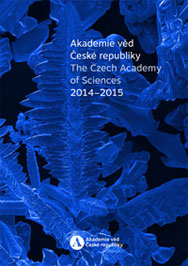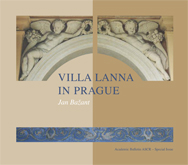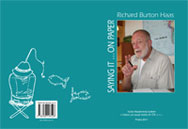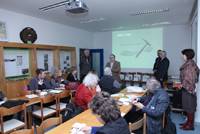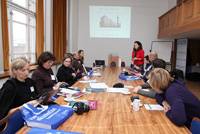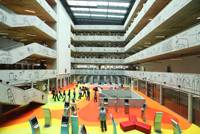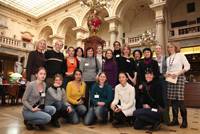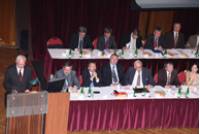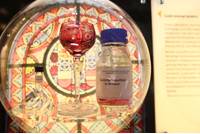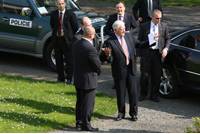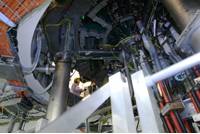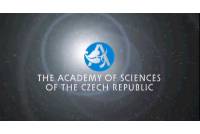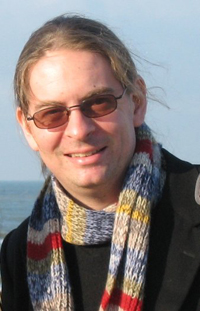
Where did you get information about Marie Curie Actions and why did you decided to apply?
Why did you choose Belgium for your research? If you compare UK and Belgium, where do you think it is easier to do a research?
Why? For the project, not for Belgium itself. I had the skills needed to make the project work (in two years) and the department here had the need for me. It's not clear that it's easier to do research in Belgium than the UK, but in my field (stellar modelling) there are more opportunities. The UK has problems with astronomy funding at the moment, so in that sense Belgium is easier. Also my field of astronomy is not one of the "core disciplines" of the UK research council which seems intent on phasing stellar research out of astronomy altogether.
Oh many. The forms are overly long and complicated. My scientific case had to be twenty pages or
so, which is ridiculous for a two-year fellowship. It can take weeks of work to get the proposal
right. I appreciate that some thought has to go into it, but twenty pages is too long. For other
similar-length fellowships in astronomy just a few sides of text is usually required.
In the application guidelines the English is ... not really English. It's some EU dialect
which is familiar to people in Brussels but not a native Englishman. The website is very confusing.
I also despise having to fill in ".doc" forms - I do not have the software for this. The EU would
be much better off using non-proprietary software.
They should focus on good science, of course, but that may not be the most pragmatic way of getting a grant. There are sections of the application which are very important in terms of the mark scheme, such as the "effect on the community", but which are poorly defined or very difficult to answer. The effect on "the community" (whichever community one is speaking about, it is not clear) of research which does not have an immediate economic (or health, etc) impact is hard to define.
In my case I wrote a sound scientific case and had the level of experience the panel were looking for. I heard that researchers on their first post-doc are now less likely to get a Marie Curie fellowship. It seems the trick is to know what they are looking for and if the applicant matches this well, they have a good chance.
11 Dec 2009
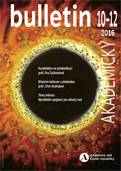

 Česky
Česky


